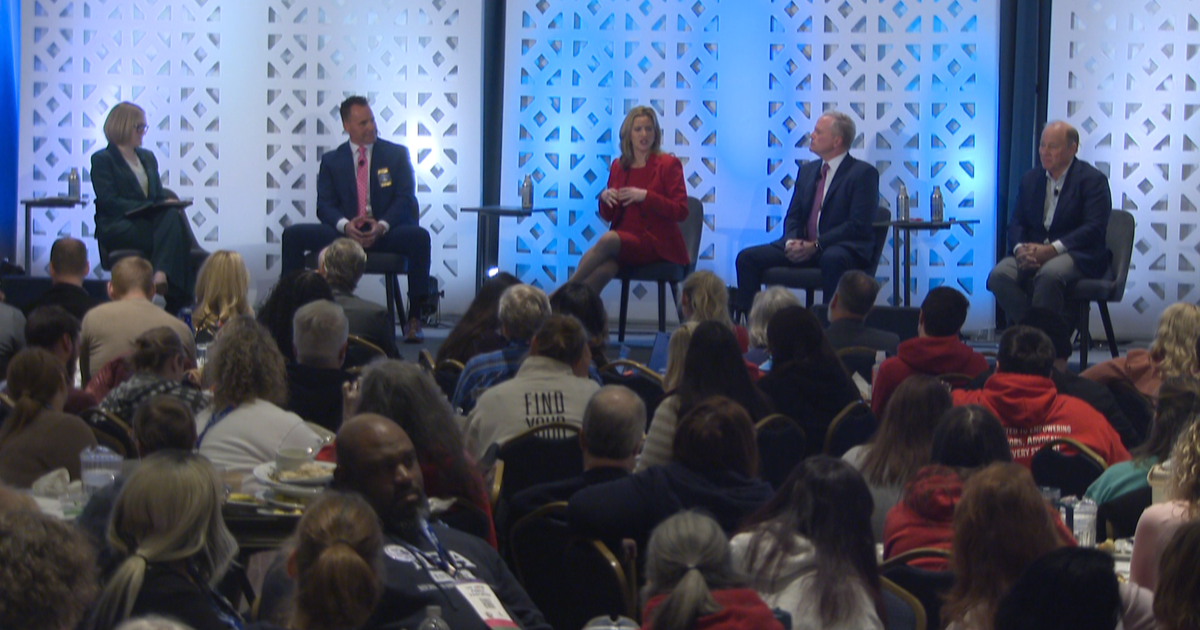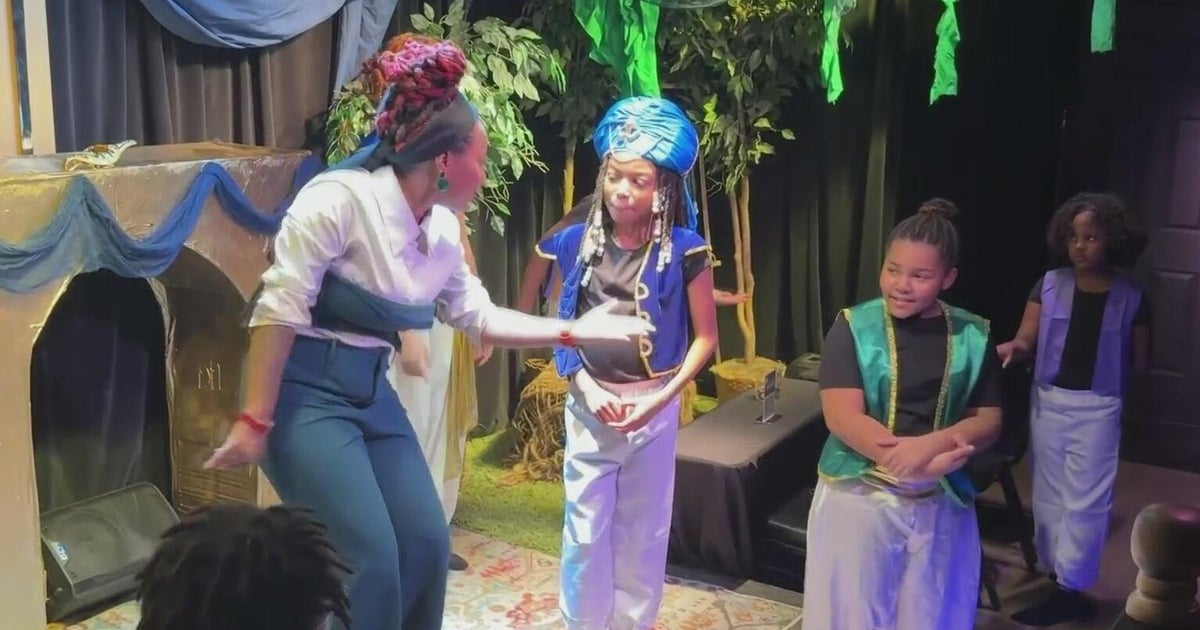CBS 2 School: Turning The Page
As we turn the page of another year the 2 Teachers would like to look back at some of their favorite page-turners of 2010. Books continue to inspire us. Some of our best teachers, after all, have been the books we hold in our hands.
There are no shortages of choices. In 1455 all of Europe's printed books could have been carried in a single wagon. Today 10 billion books are printed annually. Henry Kissinger recently suggested why reading still matters:
"I put a proposition to you all: we have entered a time of total change in human consciousness of how people look at the world. Reading books requires you to form concepts, to train your mind to relationships. You have to come to grips with who you are. A leader needs these qualities. But now we learn from fragments of facts. A book is a large intellectual construction; you can't hold it all in mind easily or at once. You have to struggle mentally to internalize it. Now there is no need to internalize because each fact can instantly be called up again on the computer. There is no context, no motive. Information is not knowledge. People are not readers but researchers, they float on the surface. Churchill understood context. This new thinking erases context. It disaggregates everything. All this makes strategic thinking about world order nearly impossible to achieve."
Reading matters. Here are our favorite books from 2010:
Still looking for heroes? We are. Here are two suggestions - Ron Chernow's Washington: A Life and Edmund Morris' Colonel Roosevelt. Rich in anecdote and full of memorable moments Washington and Roosevelt can still teach us about what it means to be great.
If you are trying to understand Obama we suggest Jeffrey Alexander's The Performance of Politics: Obama's Victory and the Democratic Struggle for Power. A sociologist by trade, Alexander helps to explain the 2008 election in ways political scientists cannot.
Christopher Chabris and Daniel Simons' The Invisible Gorilla: And Other Ways Our Intuitions Deceive Us will marvel and amaze. After reading the first chapter you will be telling your friends all about it.
Pauline Maier's Ratification: The People Debate the Constitution, 1787-1788 is a magnificent history of exactly how our founding document came to be accepted by the people. Politics has always been the art of the possible. This tale serves as a helpful reminder.
Thaddeus Russell's A Renegade History of the United States tells the American story from a perspective few know. This is no silly history book. Under the radar this book deserves to be noticed.
Charles Hill's Grand Strategies: Literature, Statecraft and World Order was the best surprise of the year. Great statesmen, Hill argued, understood the lessons of great literature. One hopes our leaders do likewise.
We acknowledge that libraries are beginning to look like museums. Kindles, Nooks and iPads are changing the face of reading. The benefit of reading, however, remains the same. The inscription over the door of the great library at Thebes still holds true – book are:
"Medicine for the soul."







